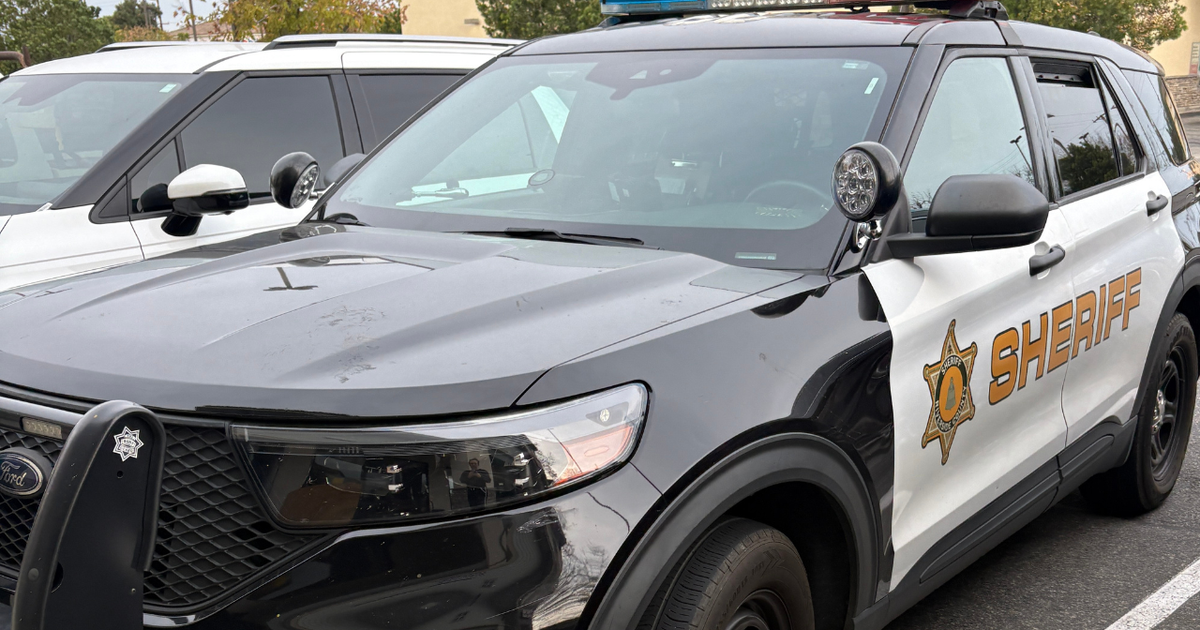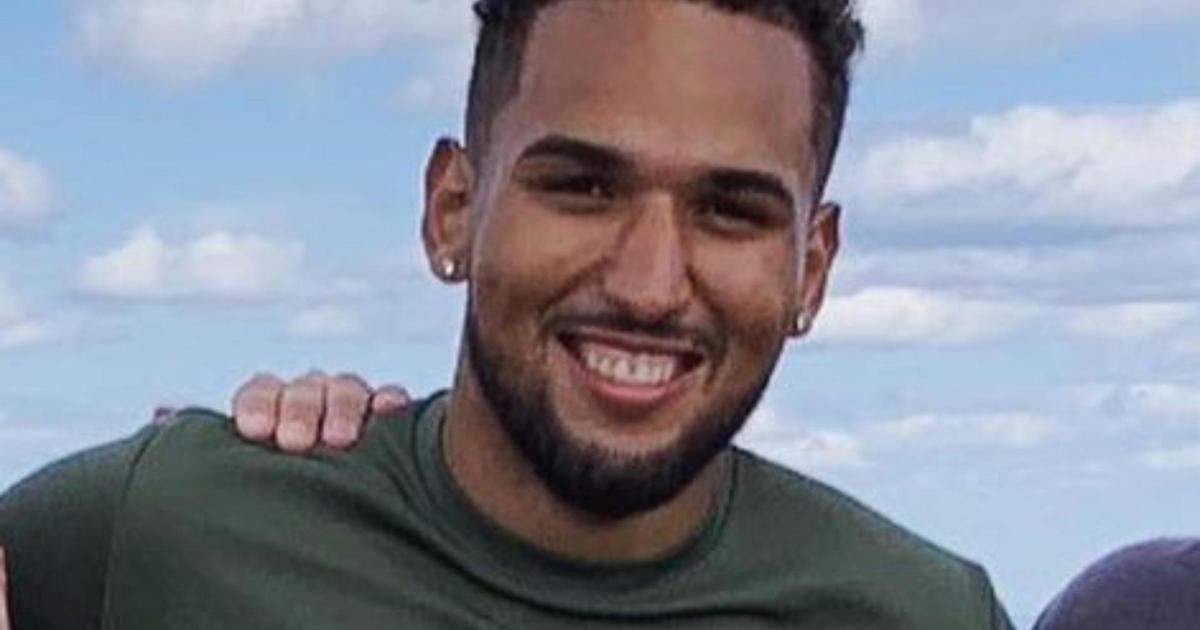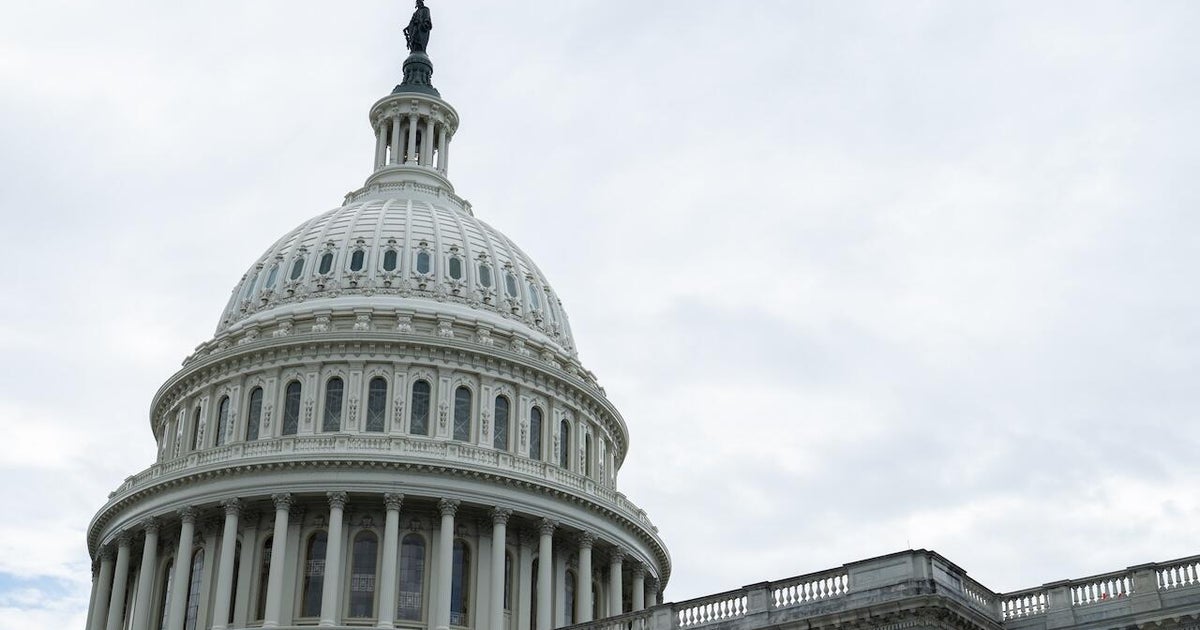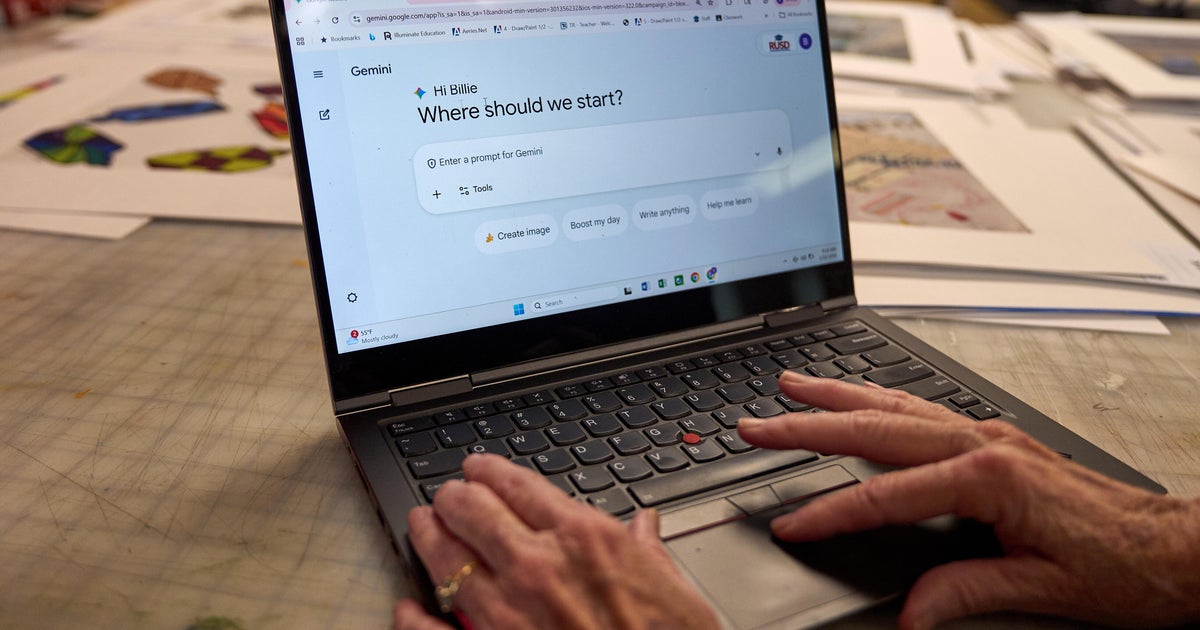DPH Issues Proposed Medical Marijuana Regulations
BOSTON (CBS/AP) — Recipients of medical marijuana in Massachusetts would be allowed up to 10 ounces of pot for 60 days under proposed rules issued Friday by state health officials.
The draft recommendations also require all licensed marijuana dispensaries to cultivate their own supply of the drug, a rule intended to exert control over the process from planting through distribution.
Read: Proposed Guidelines (.pdf)
Guidelines would be established for doctors and personal caregivers, periodic laboratory testing of marijuana supplies would be conducted to protect against contamination, and safeguards would be imposed to keep the drug from being misused or falling into the hands of youth.
Massachusetts voters approved a ballot question in November allowing medicinal marijuana for patients with certain conditions, including cancer, Parkinson's disease and AIDS. Officials chose not to add any other specific conditions in their recommended rules, saying they preferred to leave those decisions to doctors and patients.
The new law took effect on Jan. 1, but the Department of Public Health Department was given 120 days to draw up rules for implementing it. The recommendations issued on Friday must still win final approval from the state Public Health Council following public hearings scheduled for April 19 in Boston, Plymouth and Northampton.
Dr. Lauren Smith, interim commissioner of the DPH, said the proposed rules would create a "carefully crafted and sensible" system for dispensing medical marijuana.
"We have sought to achieve a balanced approach that will provide appropriate access to patients suffering from debilitating pain and illness, while at the same time maintaining a secure system that protects the health and safety of our communities," Smith said during a conference call with reporters.
In preparing the proposed regulations, officials consulted a variety of experts and reviewed medical marijuana laws in 17 other states, though it did not emulate the approach of any one particular state, Smith said.
The law allows for as many as 35 nonprofit dispensaries around the state where patients can receive up to a 60-day supply of marijuana.
A working group appointed by the state to draft the regulations opted for the 10-ounce limit after hearing recommendations that ranged from as little as 3 to 4 ounces to as much as 24 ounces. In "limited circumstances," doctors would have the authority to increase the supply of the drug.
The requirement that each dispensary operate its own cultivation facility "allows for uniform seed-to-sale control and maximum security," the DPH said. No wholesale distribution of marijuana products would be allowed.
Dr. Bruce Bedrick, chief executive of Medbox Inc., said Massachusetts would be the first state with dominant control over all aspects of the medical marijuana industry. Medbox opened an office in Massachusetts soon after the ballot question was approved and offers consulting services and products to potential dispensary operators.
"Anyone who has the inclination to divert marijuana to the black market — it just won't be possible," under the proposed rules, Bedrick said.
The law doesn't require patients to get prescriptions but only written permission from doctors for medical marijuana. Doctors must certify patients for the program and patients must register through the state.
The decision not to add to the list of specified medical conditions already in the law was made so as not to inadvertently exclude other unusual or rare conditions, Smith explained. Instead, the rules provide further guidance to doctors in determining what constitutes a "debilitating" condition.
"This is a treatment that is understood to be used for people who have significant illness that substantially affects their lives, and is not something that would be used for minor symptoms," Smith said.
WBZ-TV's Karen Anderson spoke with 21-year-old Massachusetts resident Nathan Garcia who suffers from social panic disorder.
"I twitch, I shake, I can't stop shaking I feel trapped in my own body, that's how I feel when I am panicking," he says.
He has tried all kinds of anti-depressant medications, but they make him physically ill. He says the only thing that helps is marijuana.
"It grounds me, it lets me stop and think and rationalize about where I am, what am I doing," he says. "And from that moment on I can pursue whatever I am doing."
With his doctor's written recommendation, Nathan can now grow his own pot and will be able to go to new treatment centers when they open.
His mother, Sonia, has seen her son suffer since he was seven years old, and is grateful the state is moving forward with the new law. She says, "Having the dispensaries will ease my mind as a parent knowing he is safe and helping him."
While the regulations could be finalized in May, Dr. Lauren Smith cautioned that it could be several more months before dispensaries are licensed and ready to open in Massachusetts. A fee structure for the marijuana has yet to be determined.
Attorney General Martha Coakley ruled recently that towns could not prohibit dispensaries from opening within their borders but could make them subject to zoning restrictions.
WBZ-TV's Karen Anderson contributed to this report.
(TM and © Copyright 2013 CBS Radio Inc. and its relevant subsidiaries. CBS RADIO and EYE Logo TM and Copyright 2011 CBS Broadcasting Inc. Used under license. All Rights Reserved. This material may not be published, broadcast, rewritten, or redistributed. The Associated Press contributed to this report.)







